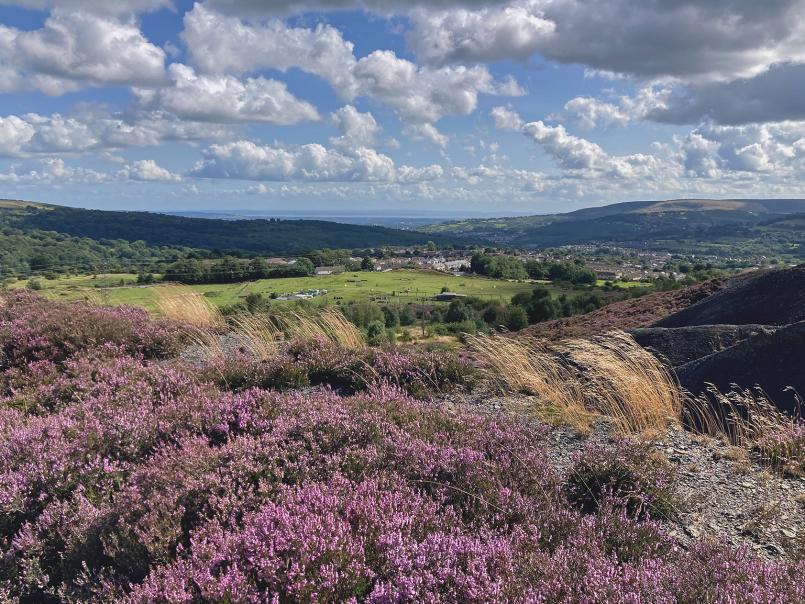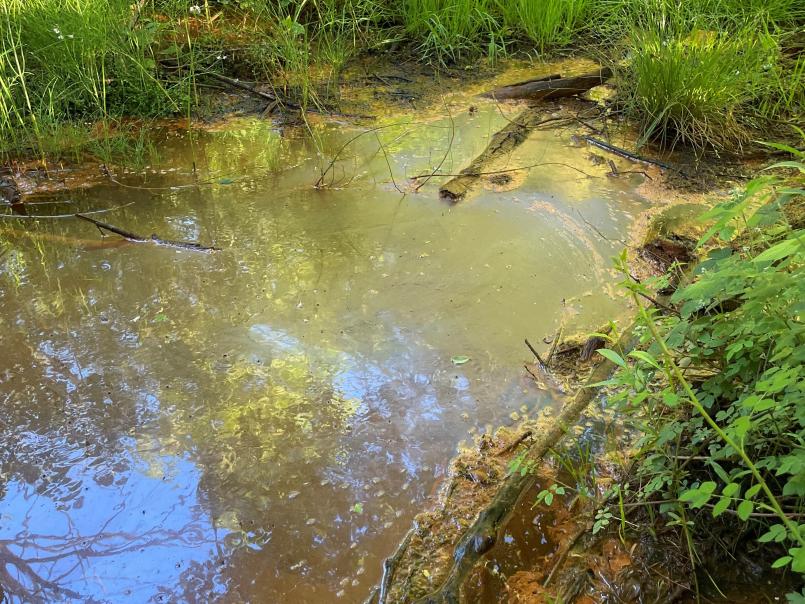Clean up contaminated land
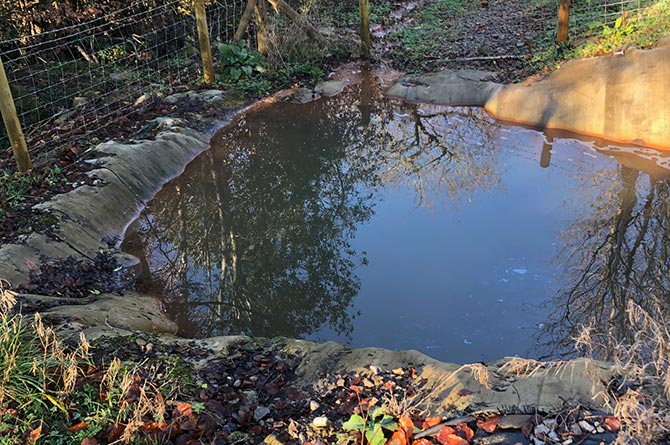
Friends of the Earth Cymru is campaigning to raise awareness of the scale and impact of contaminated land in Wales and to improve our understanding and knowledge of this issue.
We're also calling for action to clean up contaminated land to ensure everyone can live in a healthy environment.
What we're calling for
- Better information
People in Wales have a right to know if they are living near a toxic site that could be affecting their health. Public information is incomplete and difficult to access. Friends of the Earth Cymru is calling for a publicly accessible, online register of contaminated land sites across Wales, including sites under investigation.
- Strong legislation
Communities in Wales need recourse to a permanent, independent and properly funded watchdog. The Environmental Principles and Biodiversity Bill is a unique opportunity to put things right. Friends of the Earth Cymru is calling for the scope of this bill to address historic and legacy pollution from Wales’s industrial past.
- Public inquiry
The current contaminated land laws and legislation are not protecting people and nature. Friends of the Earth Cymru is calling for an independent public inquiry into the scale and input of contaminated land in Wales, including the current contaminated land legislation.
What is the problem?
People are becoming more aware of the health impacts of chemicals in our soil and water, as is evidenced by the increasing number of stories in the media. Forever chemicals like PCBs and PFAS are especially problematic as they are extremely persistent in the environment and can lead to health problems such as liver damage, thyroid disease, obesity, fertility issues and cancer.
PCBs, a group of ‘forever chemicals’ that have been proven carcinogenic, can be found various sites in Wales, including Brofiscin and Maendy quarries, Penrhos and Ty Llwyd in Caerphilly, the chemicals factory in Newport and Ruabon in Wrexham. American chemical corporation, Monsanto, dumped toxic waste in many locations in the 1960s and 70s.
How many sites?
In short, we just don't know, but growing evidence suggests it could be an extremely large number for a small country. In March 2025 a report by the BBC revealed that half of Wales's 22 councils in Wales could not provide details of the total number of contaminated land sites in their county but "those that did, identified 698 high-risk sites of which 586 have not been inspected."
In 2021 data from Natural Resources Wales analysed by Greenpeace found that dangerous chemicals such as mustard gas and cyanide are buried underneath over 1500 disused landfill sites across Wales.
And recent research by Professor Macklin, Professor at the University of Lincoln, who gave evidence to the Welsh Affairs Committee last year, discovered that 6% of the population in Wales live near land contaminated by historic metal mining.
Right to healthy environment
In 2022, the United Nations declared everyone on the planet has a right to a healthy environment.
Pollution is the largest environmental cause of disease and premature death. Breathing in toxic air is recognised as the biggest killer but growing evidence suggests that chemical pollution (whether microplastics or poisons like lead or forever chemicals) has the "potential to pose one of the largest environmental threats to humanity".
Cleaning up our land and our water is vital for our own health and the health of our children and grandchildren. At a time when 1 in 5 species are at risk of extinction in Wales, it is also essential for our wildlife.
Effective and targeted action is urgently needed to protect people and wildlife. It's time for action to clean up our land.
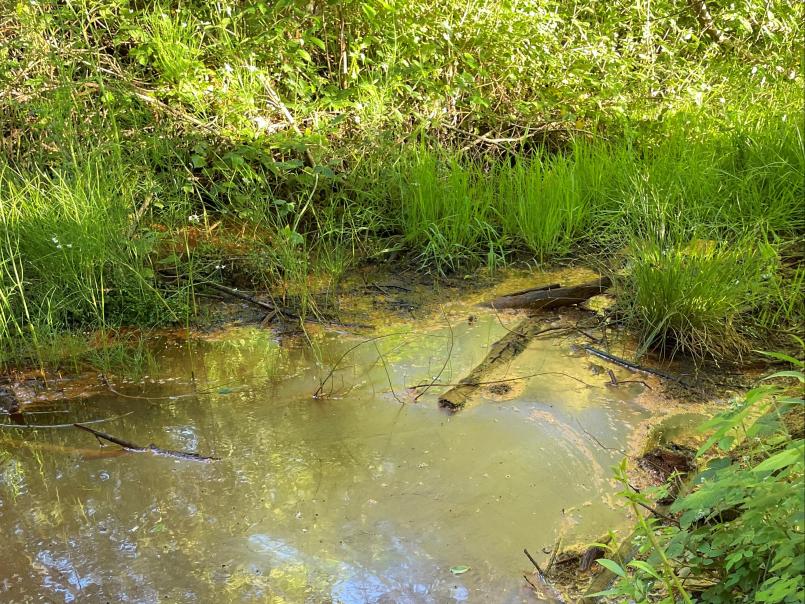
Over 45,000 potentially contaminated land sites across Wales
Our research has identified over 45,000 potentially contaminated land sites across Wales – but almost none have been inspected. This hidden legacy could pose serious threats to people, water, and wildlife.
Scratching the surface of Wales's toxic legacy
Hana shares her experiences of working on the contaminated land campaign for Friends of the Earth Cymru and what she learned along the way.
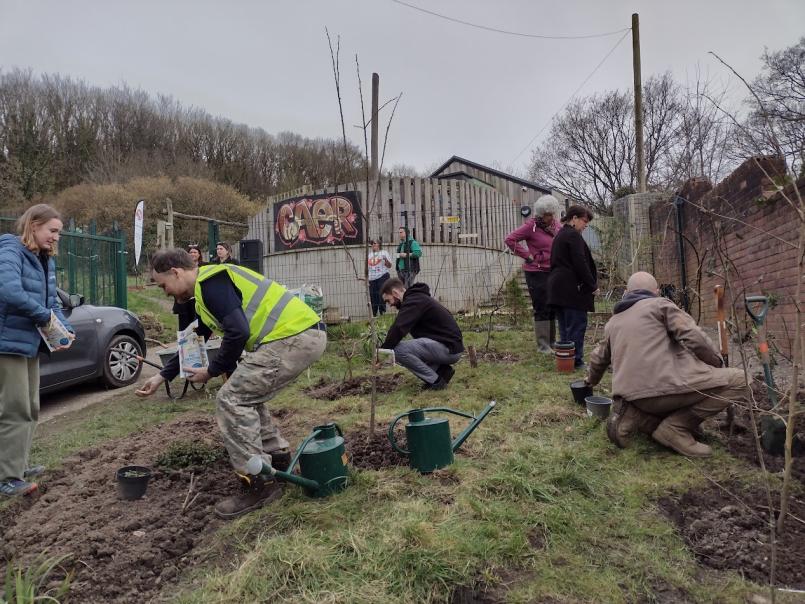
Everyone should have a right to a healthy environment
For years, too many polluters have been allowed to get away with it in Wales. As Kierra explains, Welsh communities suffering the effects don't have recourse to a proper environmental watchdog but that is all about to change.
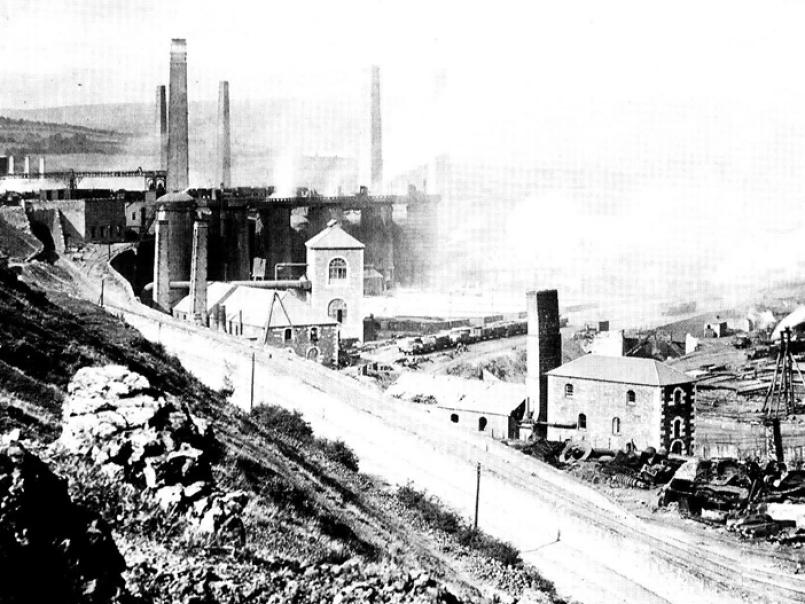
Righting the wrong: readdressing Wales’ historical legacy
In the past, Wales was an industrial powerhouse. Local communities across the country, the last to benefit from the gargantuan wealth from all the mining, ironworking, and other extractive industries, are still paying a hefty price.
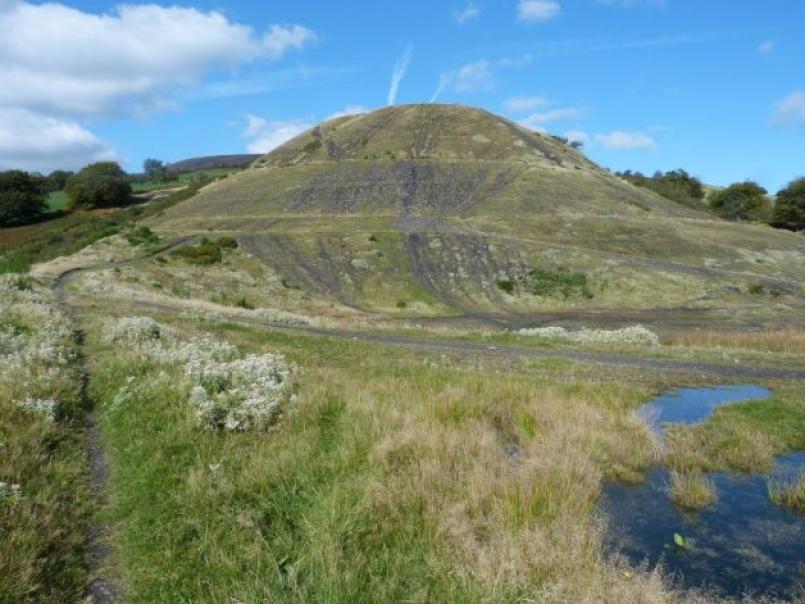
Environmental and economic legacy of Wales' industrial past - our response
Read Friends of the Earth Cymru's response to the Welsh Affairs Committee's call for evidence
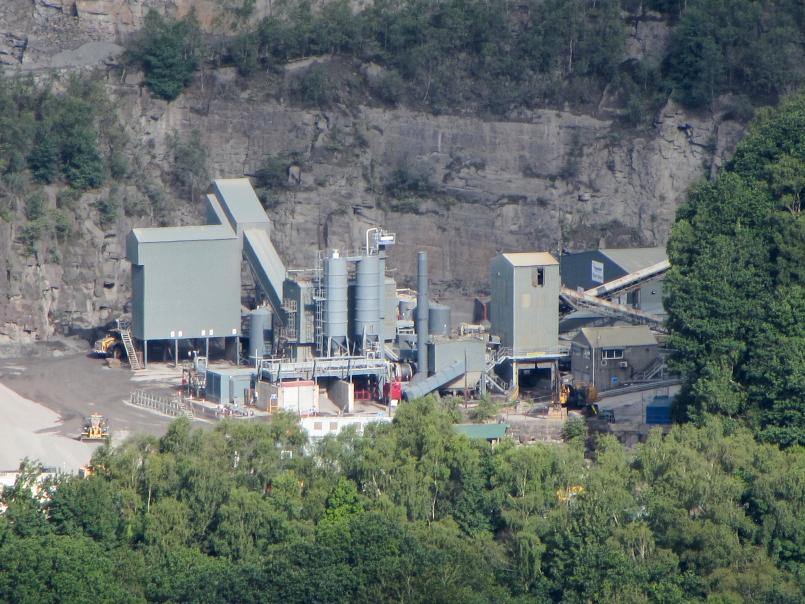
Welsh quarries should not damage people or wildlife
The materials our society needs, Jenny argues, shouldn't be extracted in a way that harms people or nature.
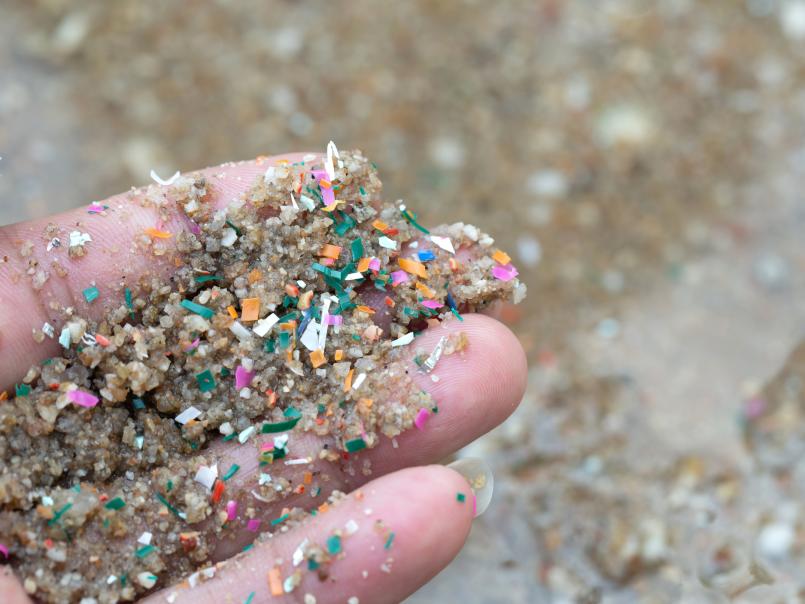
Tackling microplastics – what more can Wales do?
Present in our oceans and soils, microplastics are a harmful and pervasive phenomenon. But what can be done in Wales?

